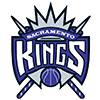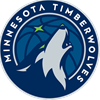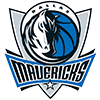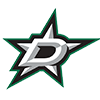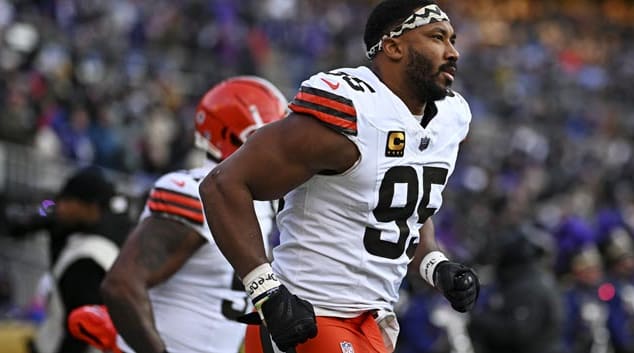Roughly 20 years ago, I read Edward O. Thorpe's book, Beat the Dealer. It described a card-counting system for blackjack wherein any card 2 through 6 was given a plus one, 7 through 9 a zero and 10s and aces a minus one. The idea was to bet small when the count was negative (lots of low cards still available in the deck(s)), and bet bigger as the count got more positive (lots of 10s and aces available.)
This works because it undercuts the house's central advantage over the player: that when the player busts, and the house also busts, the player does not get his money back. For example, if you have a 15, and the dealer is showing a 10, basic strategy dictates you hit. Should you get a 10 and bust, the dealer will sweep away the chips you bet. Suppose the person next to you has a 20, sticks and the dealer turns over his hole card, showing a six, hits, draws an eight and busts. You do not get your lost chips back.
In summary, if you both bust, the house wins. That is its only advantage over you. You have several advantages over the house: (1) you can split or double down when circumstances warrant; you get 3:2 odds on a blackjack; and (3) you can choose how much to bet on a particular hand. To the extent the deck provides cards that merit sticking, your relative advantage grows. To the extent it
Roughly 20 years ago, I read Edward O. Thorpe's book, Beat the Dealer. It described a card-counting system for blackjack wherein any card 2 through 6 was given a plus one, 7 through 9 a zero and 10s and aces a minus one. The idea was to bet small when the count was negative (lots of low cards still available in the deck(s)), and bet bigger as the count got more positive (lots of 10s and aces available.)
This works because it undercuts the house's central advantage over the player: that when the player busts, and the house also busts, the player does not get his money back. For example, if you have a 15, and the dealer is showing a 10, basic strategy dictates you hit. Should you get a 10 and bust, the dealer will sweep away the chips you bet. Suppose the person next to you has a 20, sticks and the dealer turns over his hole card, showing a six, hits, draws an eight and busts. You do not get your lost chips back.
In summary, if you both bust, the house wins. That is its only advantage over you. You have several advantages over the house: (1) you can split or double down when circumstances warrant; you get 3:2 odds on a blackjack; and (3) you can choose how much to bet on a particular hand. To the extent the deck provides cards that merit sticking, your relative advantage grows. To the extent it provides ones that merit hitting and risking a bust, the house's advantage grows. The card count therefore is an indicator of your relative advantage. You exploit it by striking (increasing your bet) when your advantage is greatest.
How does this apply to sports betting generally and betting on NFL games in particular? Just as in blackjack, it's important to identify where the book's edge lies vs. the bettor's. The book's edge in this case is in the rake. Typically, though the price might vary in a given book or on a given game, the odds on a bet against the point spread are -110, i.e., you must risk $110 to win $100. That might not sound like much, but consider if you made 100 $1 bets and won 52 of them, you'd be up $52 and down $48, plus you'd have lost another $4.80 due to the rake, i.e., you'd have lost 80 cents even if you won at a 52 percent clip. In fact, the break even point is 52.38 percent. In a betting market as tight as the NFL's that's a tough hurdle to overcome.
What's the bettor's advantage, then? The bettor decides which games to bet and how much to bet on them. In other words, the Book cannot force you to bet or control the amounts you are willing to risk (beyond its minimum and maximum limits.) This means you can search the entire slate of offerings for a weakness, someplace where the market has mis-priced the difference between two teams and only bet into that weak line.
Baseball sabermetrician Mitchell Litchman had a great Twitter thread on this, I'd recommend reading in its entirety, but the key point is that the Book would destroy you if it could force you to make your own lines and bet into you. Fortunately, it can't do that, and therefore you don't need to be more accurate than the market generally, only have some information or indicator the market's missed in a given instance. For example, if the book has the Steelers minus eight at home against the Raiders, and you think it should be minus 13, not only can you choose to bet that particular game rather than another where your numbers more closely match the book's, but you get the game at the book's number (minus eight) and not yours (minus 13.) If the book could bet into you, it would love the Raiders plus 13, but it is stuck taking the Raiders plus eight, albeit with its 11/10 rake.
Accordingly, if you want to press your edge against the book, you must be judicious. You should only bet the games on which you think the market is substantially off. If you have the Steelers minus nine, and the Book is offering them minus eight, that's not enough of a discrepancy to offset the rake. If you don't have a strong difference of opinion, do not bet. That might mean passing on an entire NFL slate. It might mean you make only 10 bets all season. But beyond the indignity of watching commercials and replay reviews with nothing on the line, sitting out is often your best bet.







